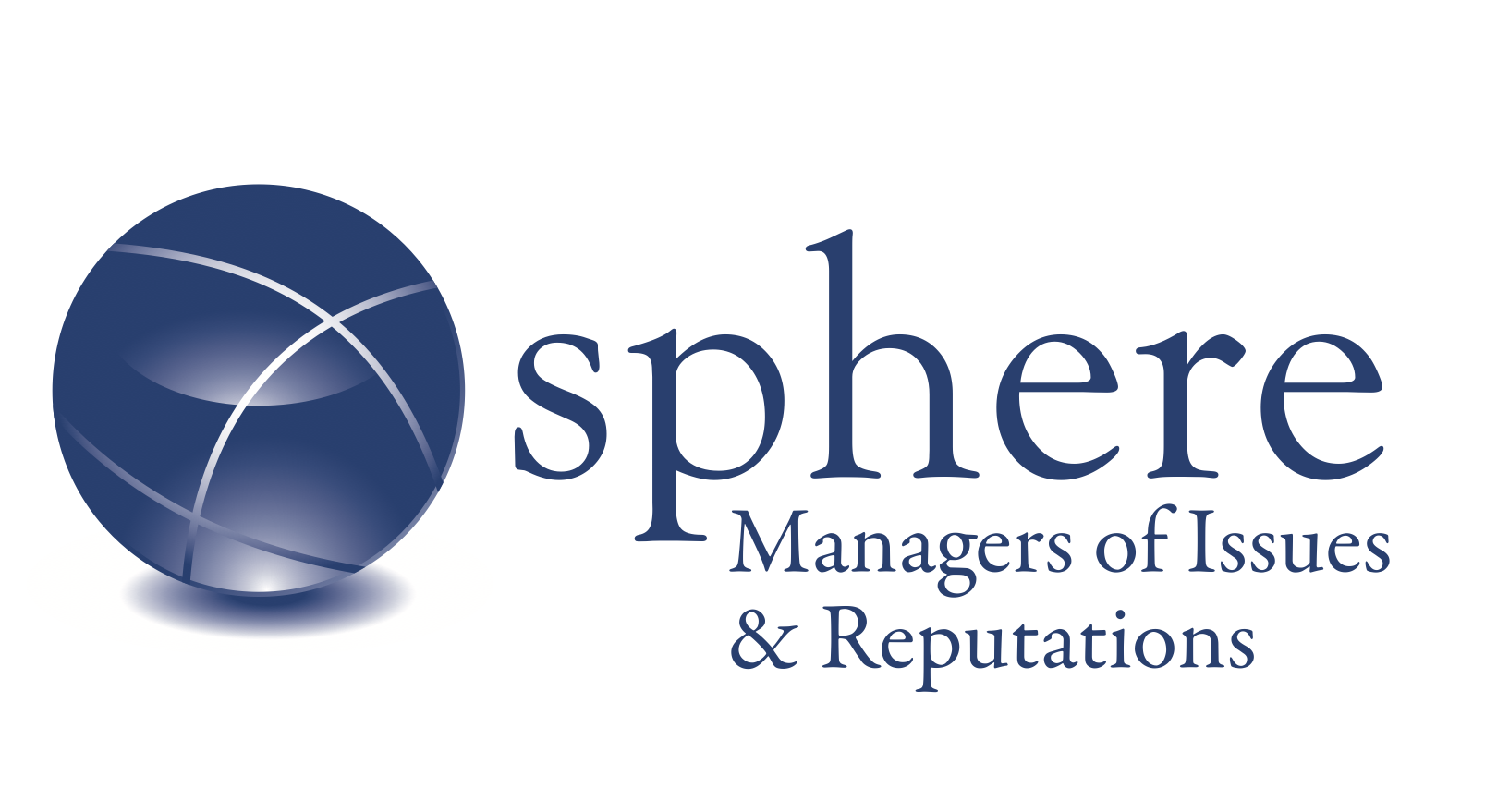22 Feb
2016
FinCen, Terrorism, Net Neutrality This Week – TenCount 2.22.16
- The Financial Crimes Enforcement Network, the opaque division of the Treasury Department known as FinCEN, rarely backs down. But it did just that on Friday, when it rescinded a finding that Banco Privada D’Andorra was a primary money laundering concern that shouldn’t have access to U.S. financial networks. The decision was a huge victory for the bank’s majority shareholders, the Cierco family, who vigorously fought FinCEN.
- The decision came just as a federal court was prepared to rule on FinCEN’s motion to dismiss a lawsuit brought by the Ciercos. At issue in the case was whether banks targeted by FinCEN’s Section 311, involving alleged money laundering, should be able to challenge those rulings when they are first imposed – and before they take effect. The potential adverse ruling against the government would have required Treasury to allow banks to defend themselves before being cut off from the global financial system.
- In a rare event for this long political season, the talk of Washington last week was an actual policy issue. Apple said it would defy a magistrate judge’s order that it provide the means for the FBI to unlock an iPhone used by one of the San Bernardino terrorist shooters. Apple’s stance drew swift condemnation from the White House, members of Congress, and most Republican presidential candidates.
- The issue is certain to come up on Wednesday at the Bipartisan Policy Center’s discussion on encryption, featuring House Homeland Security Committee Chairman Michael McCaul (R-TX) and Senator Mark Warner (D-VA), a member of the Senate Intelligence Committee. The legislators have proposed a national commission on digital-age challenges in security and technology that would attempt to balance the need for privacy with law-enforcement priorities.
- Apple is also likely to be a topic of consideration when the House Judiciary Committee on Thursday conducts a hearing on police access to data held in international locations. The hearing will focus on the LEADS Act, which would limit U.S. law enforcement access to data stored abroad. Microsoft is the target of a dispute involving government access to data stored in Ireland; the company’s chief legal officer, Brad Smith, is expected to testify.
- James Comey, the FBI director who has been speaking out against Apple’s stand on encryption, will be among the witnesses when the House Intelligence Committee conducts a hearing Thursday on “World Wide Threats.” Other witnesses include CIA Director John Brennan, Director of National Intelligence James Clapper, and the directors of the NSA, the National Counterterrorism Center and the Defense Intelligence Agency.
- The presidential primaries roll along this week with the Republicans and Democrats switching places after last weekend’s polling in Nevada and South Carolina. The Republicans will caucus in Nevada on Tuesday, while the Democrats conduct their presidential primary in South Carolina on Saturday.
- “We are approaching one of the biggest decisions this country will face in our lifetimes,” British Prime Minister David Cameron said this weekend, preparing to address Parliament on Monday and set in motion a four-month campaign for a nationwide referendum on Britain’s continued membership in the European Union. Cameron’s Conservative Party is split on the issue, though Cameron himself plans to campaign for continued participation. The referendum is set for June 23.
- President Obama announced last week that he will visit Cuba in March, becoming the first sitting president to do so since Calvin Coolidge in 1928. Coincidentally, the White House faces a statutory deadline on Tuesday to send Congress a plan to close the terrorist prison at Guantanamo Bay and transfer its 91 remaining detainees
- One year after the Federal Communications Commission voted to institute net neutrality by regulating broadband Internet service as a type of common carrier utility, the Heritage Foundation will examine what has happened since the decision. Don’t expect a stellar report card: Commissioner Ajit Pai, who dissented strongly from the F.C.C. decision and predicted doom for investment and innovation in broadband, will headline the discussion.
